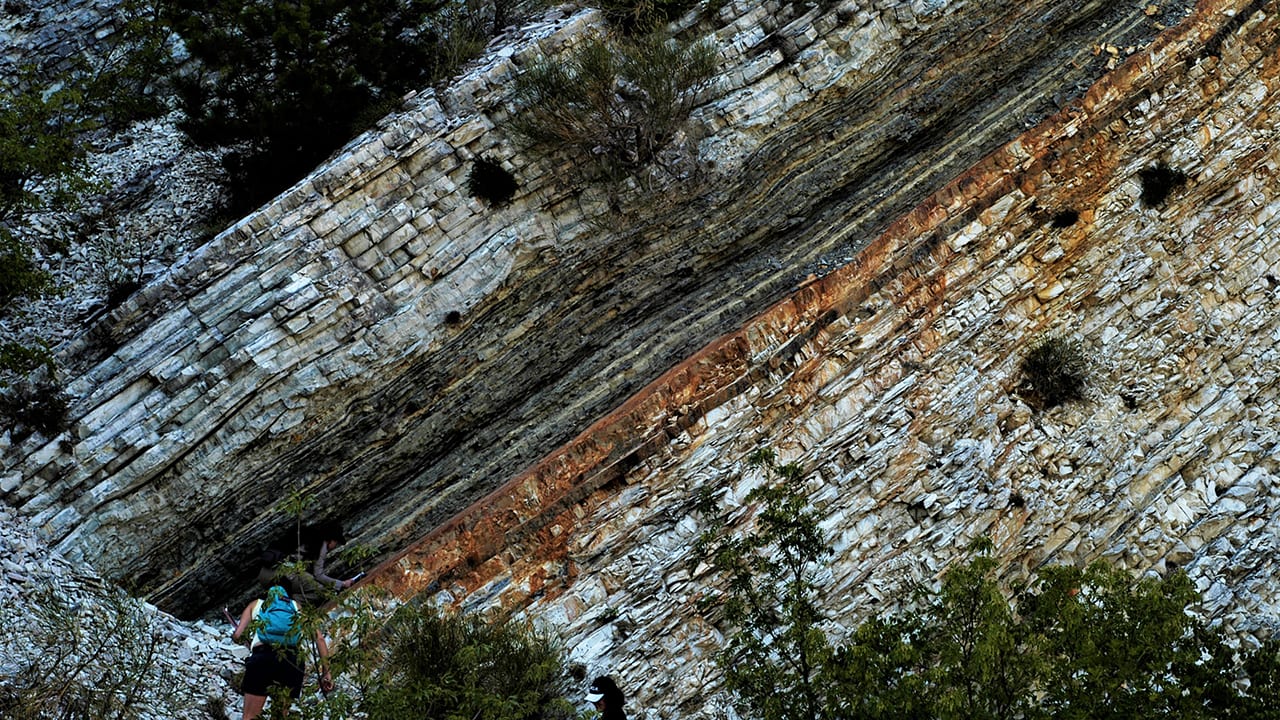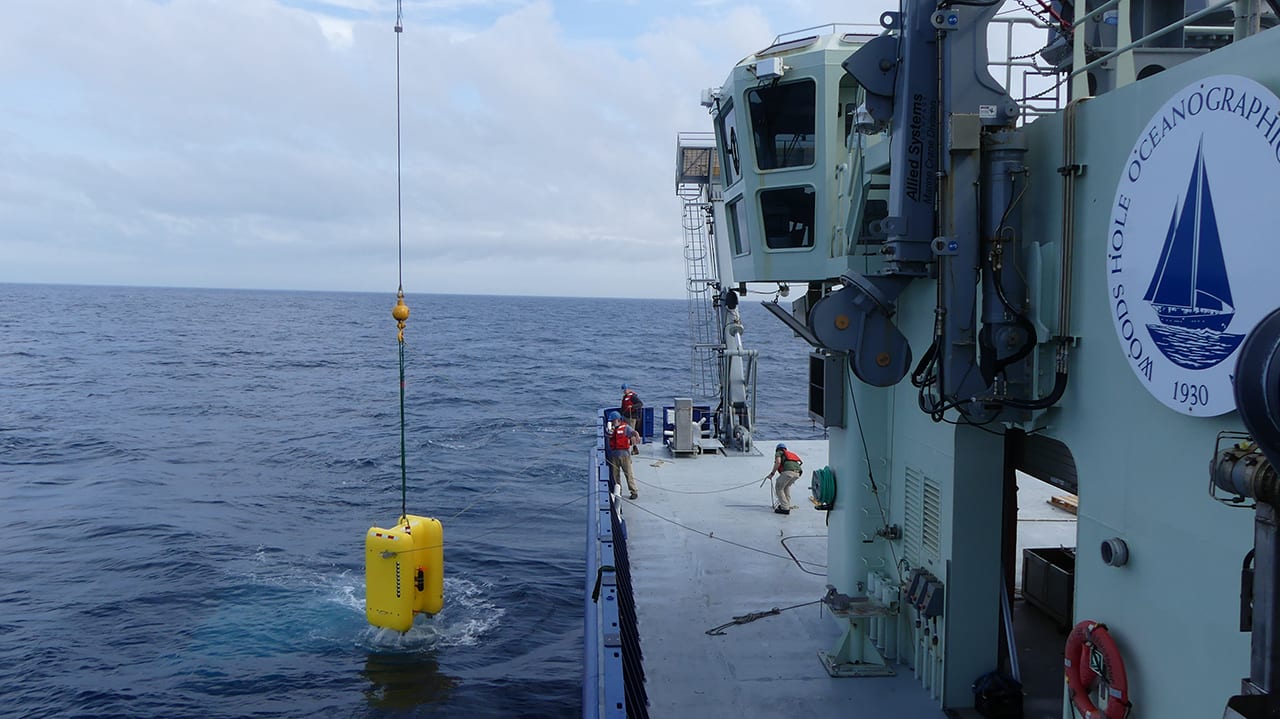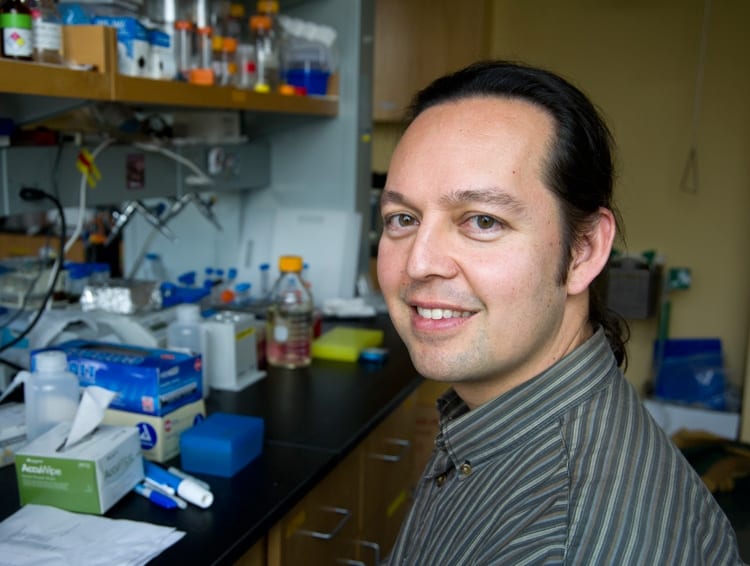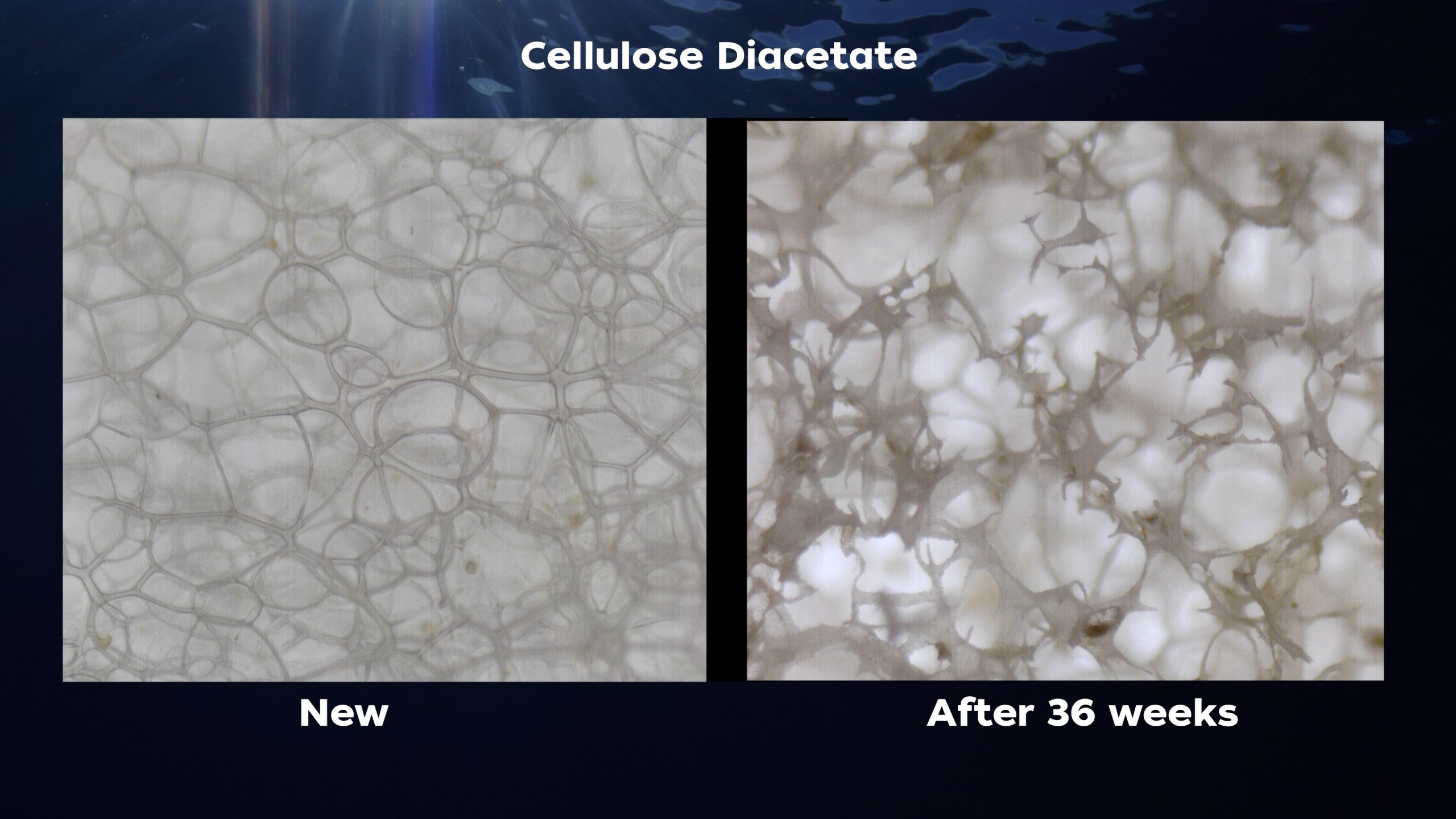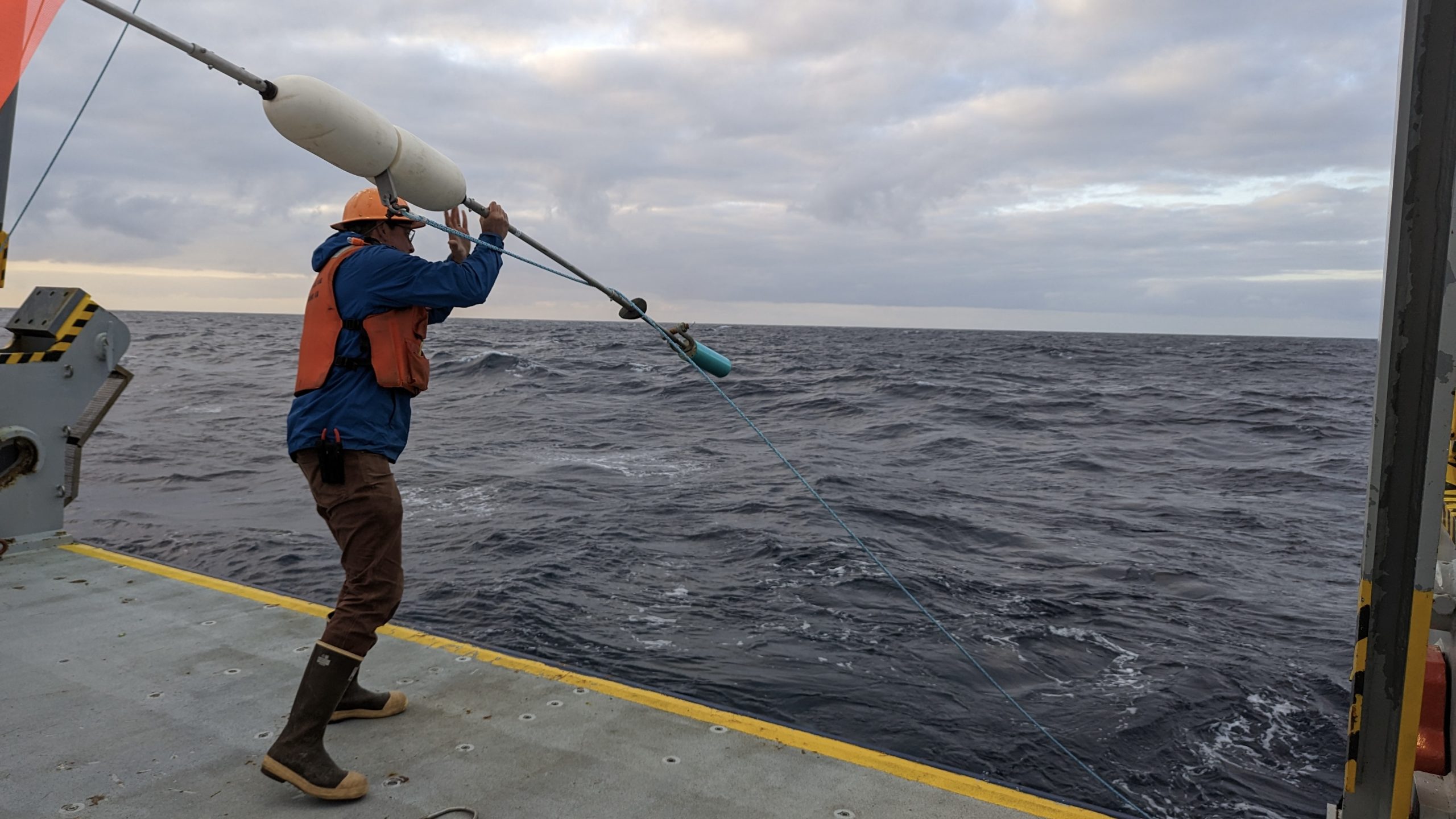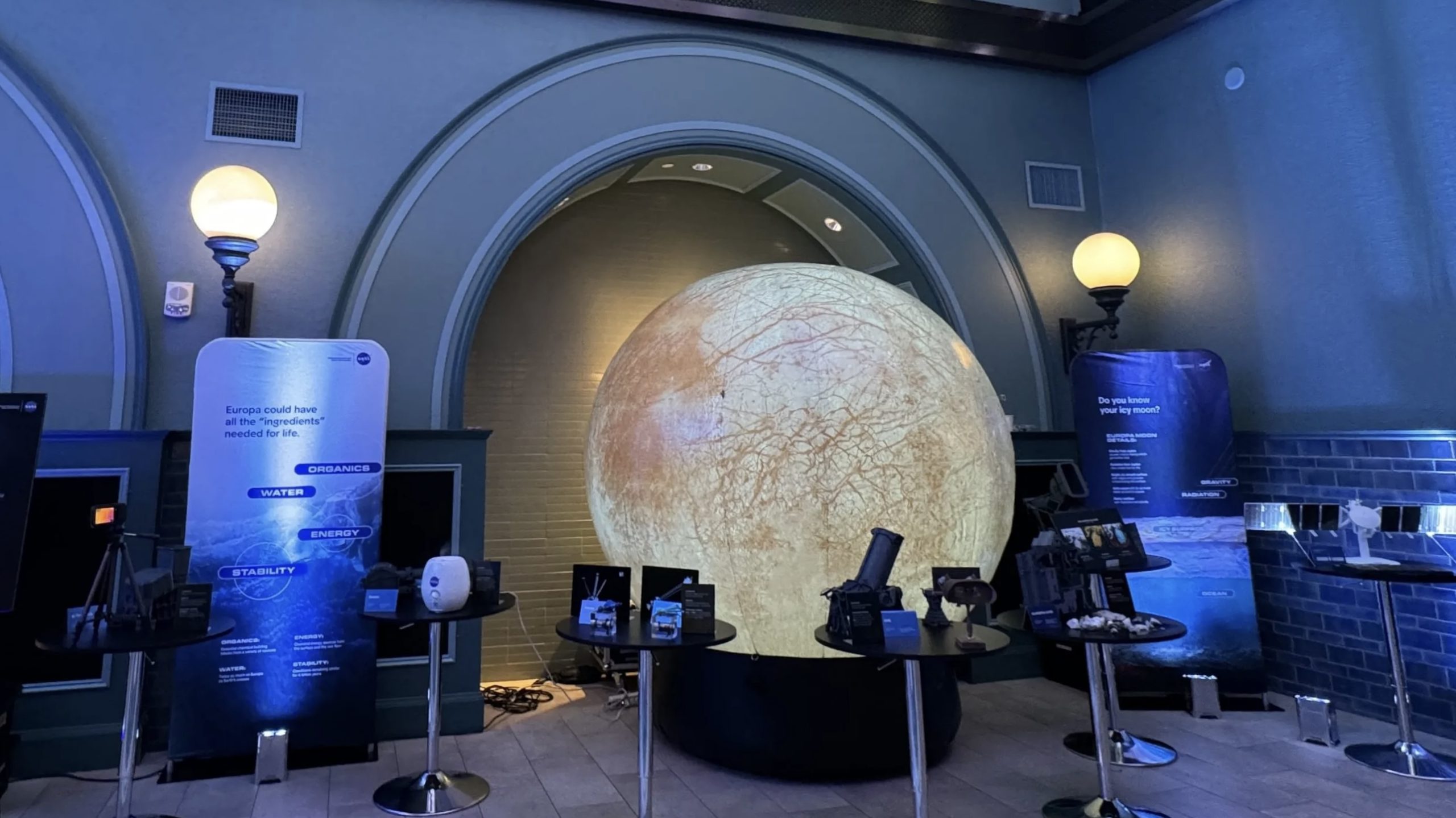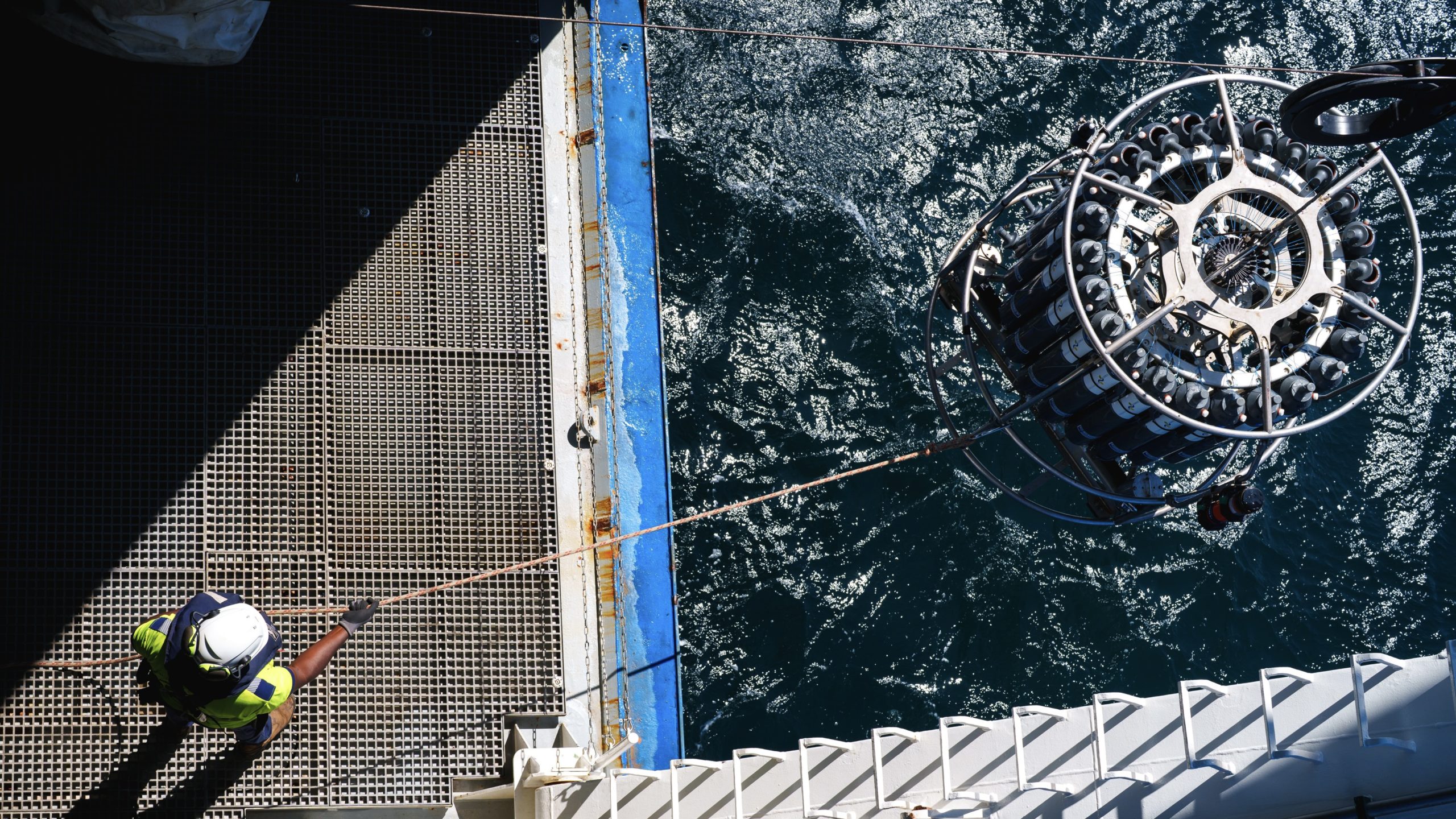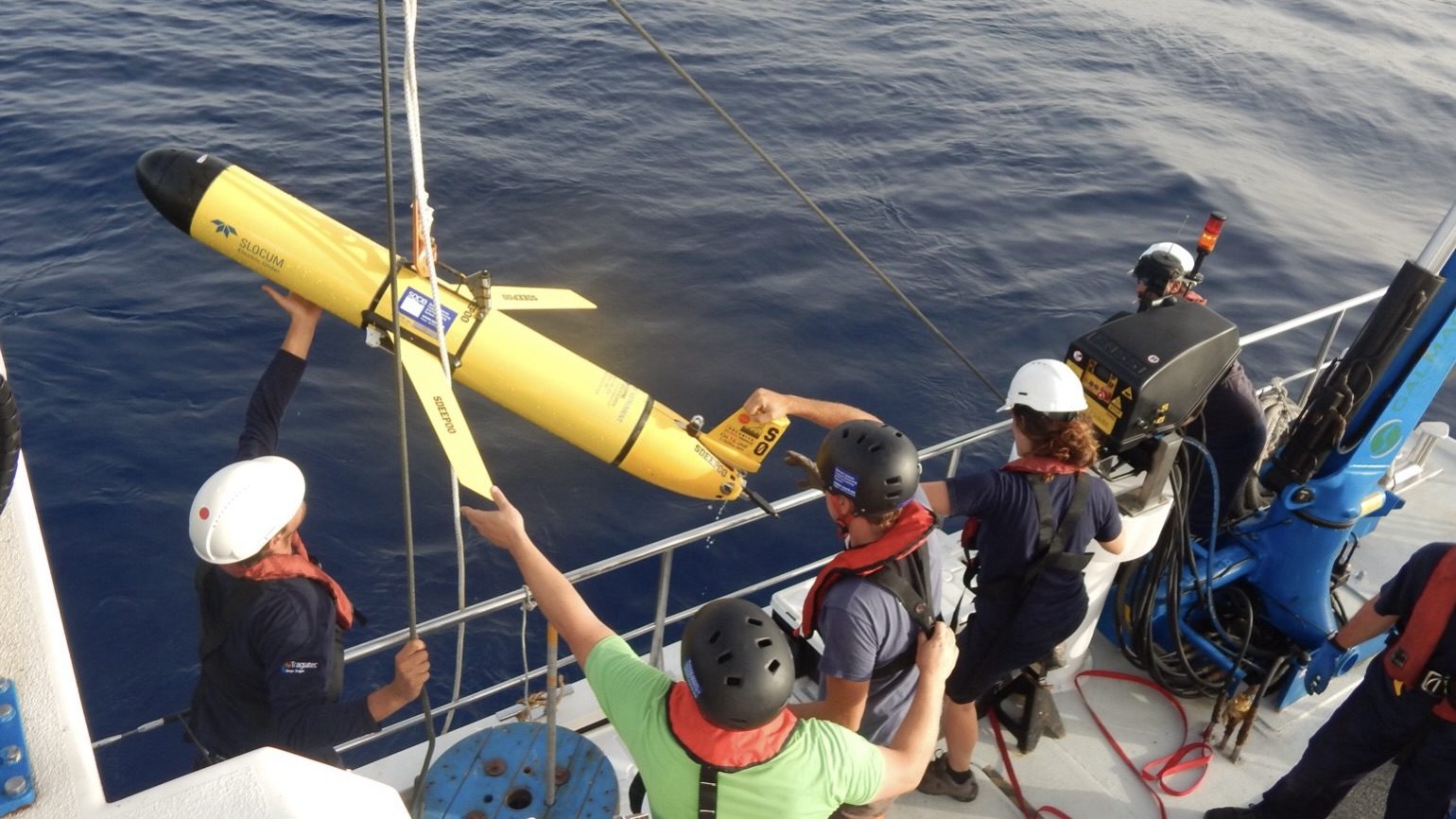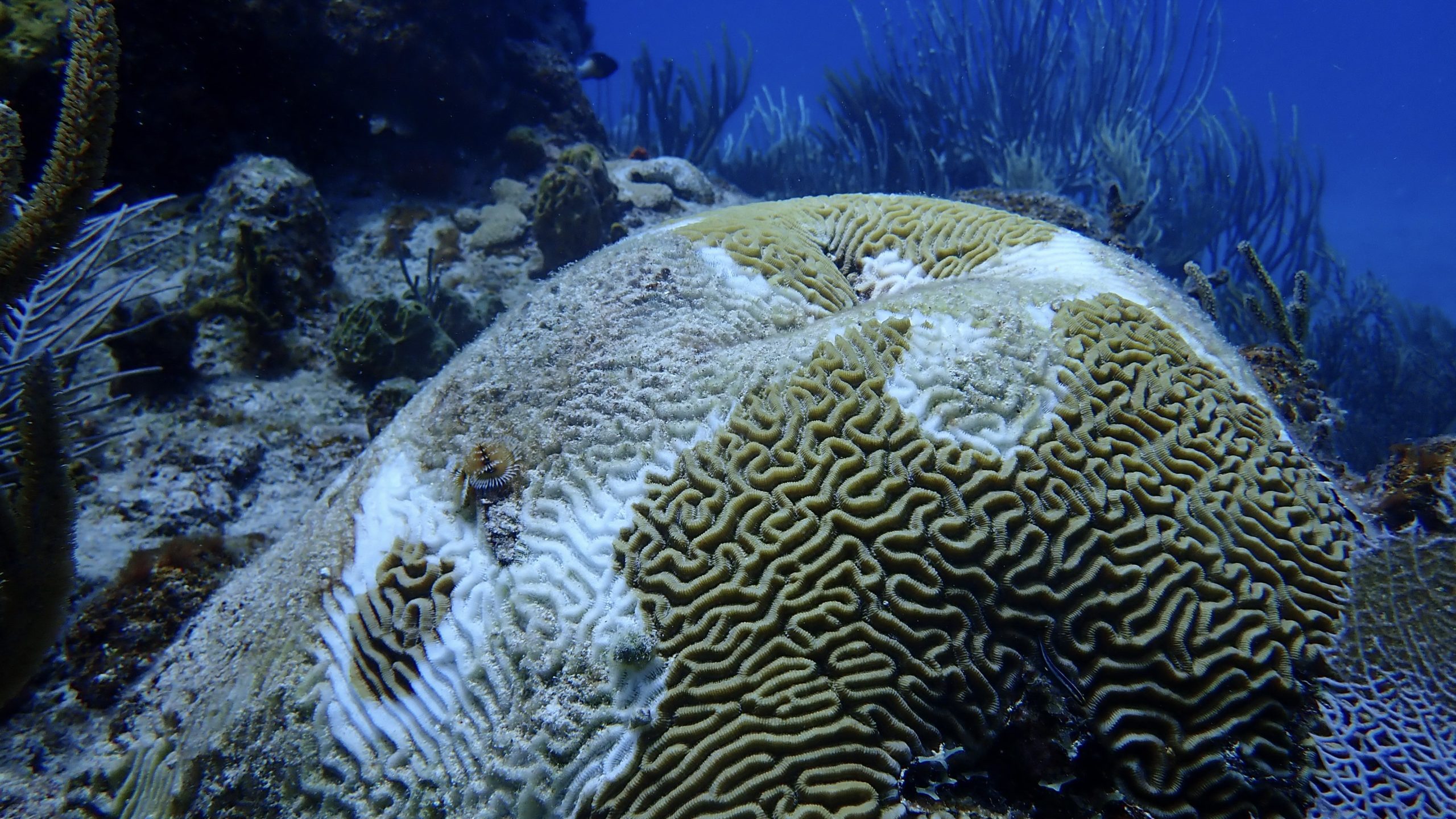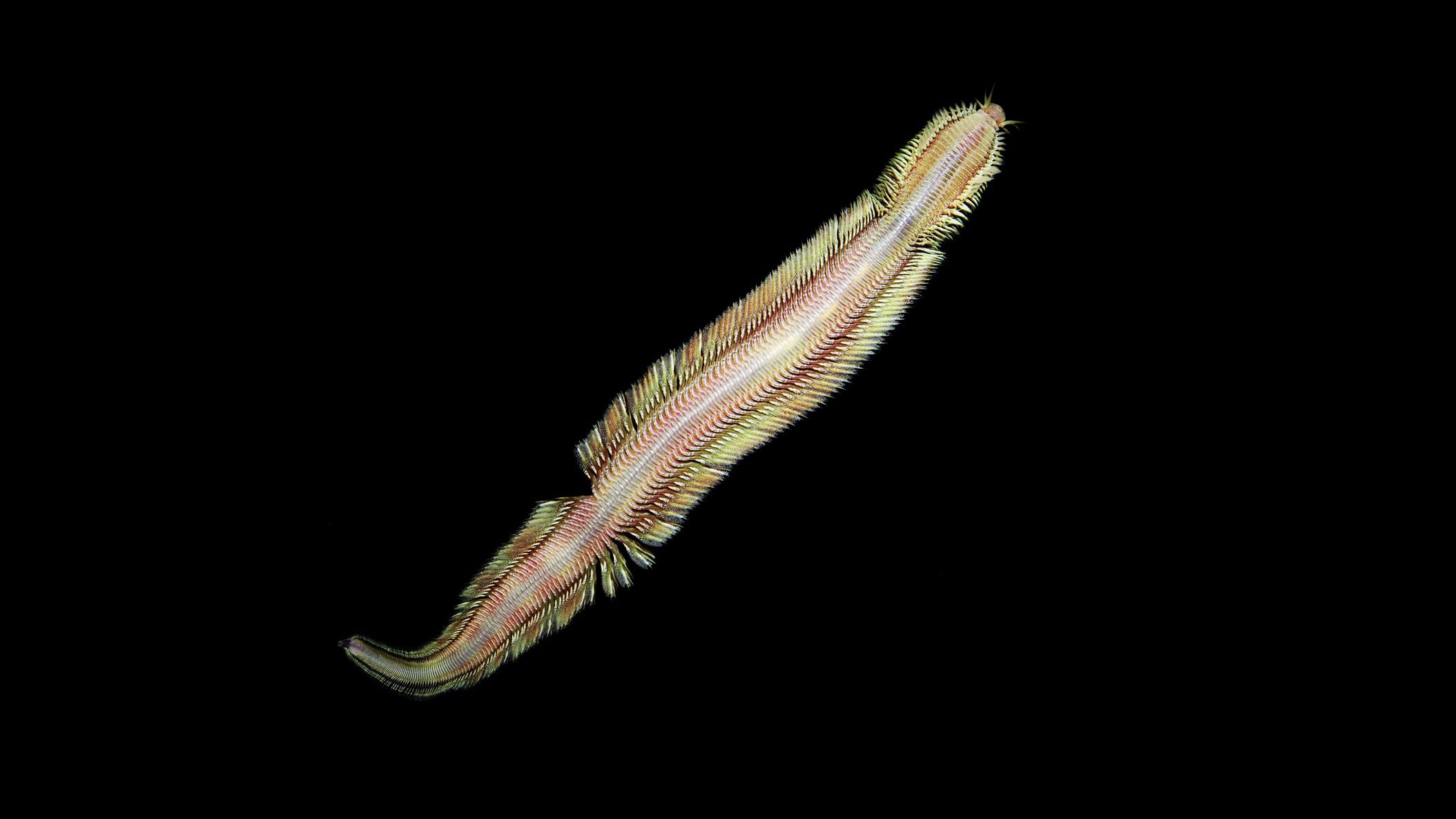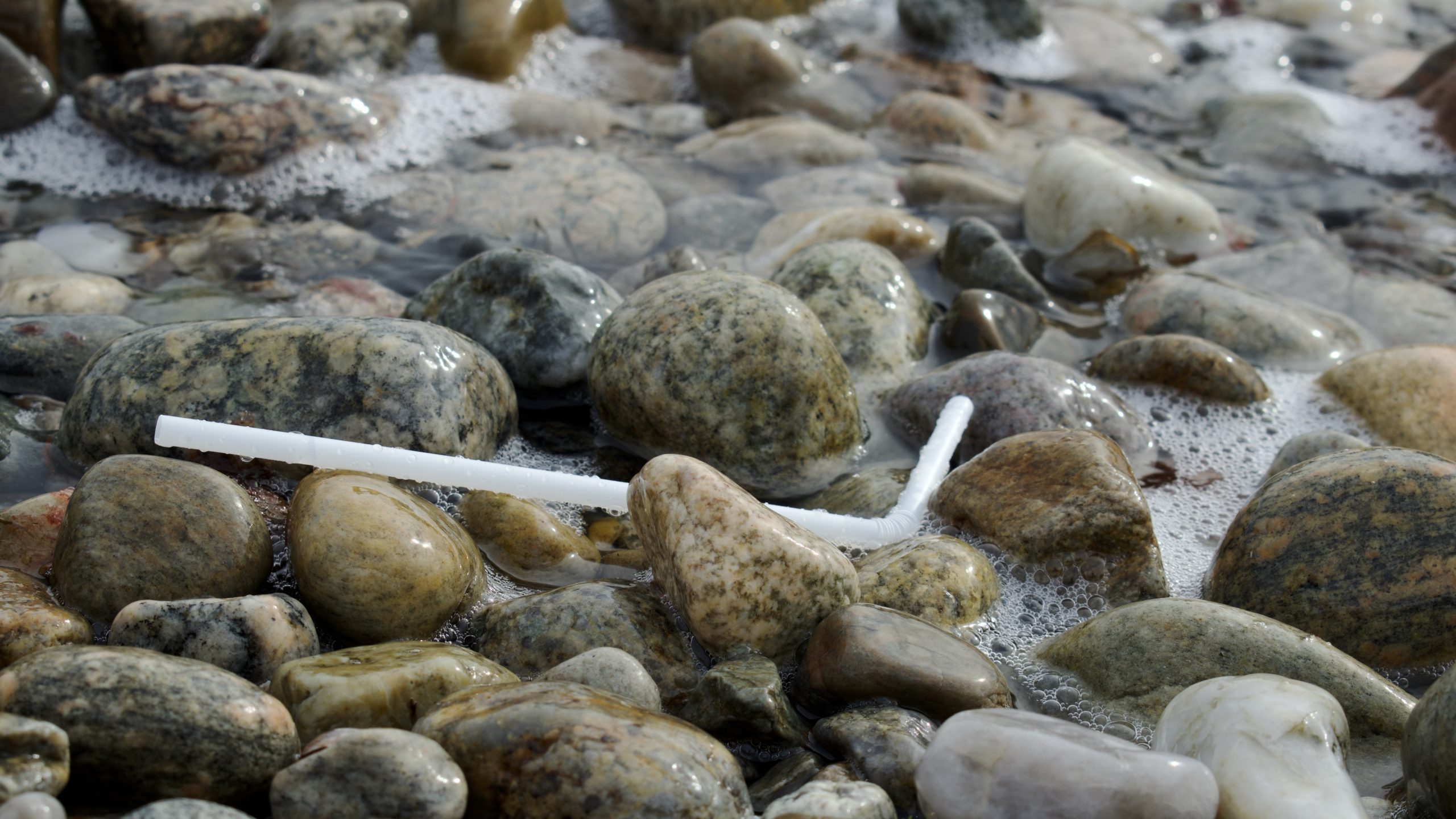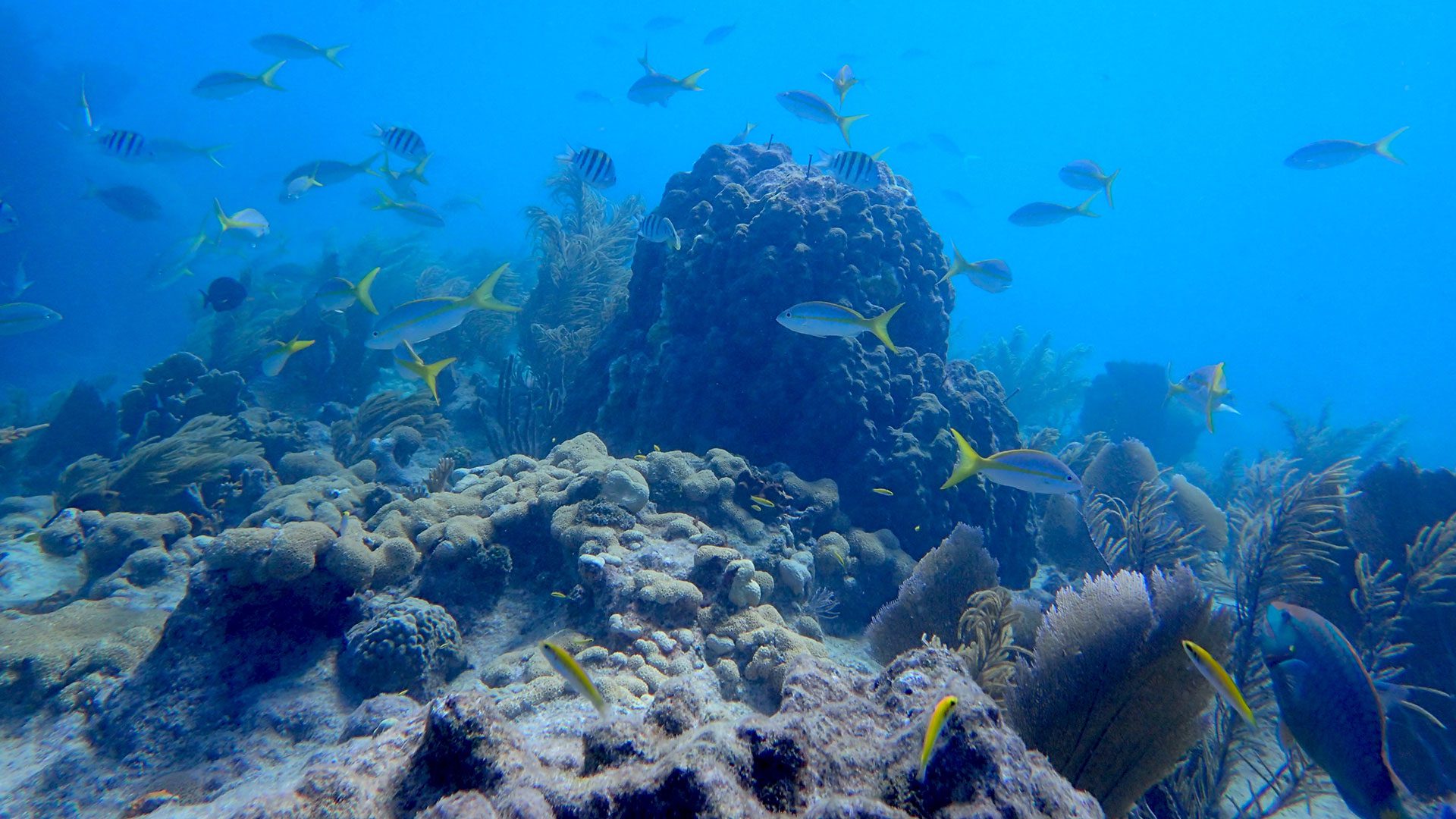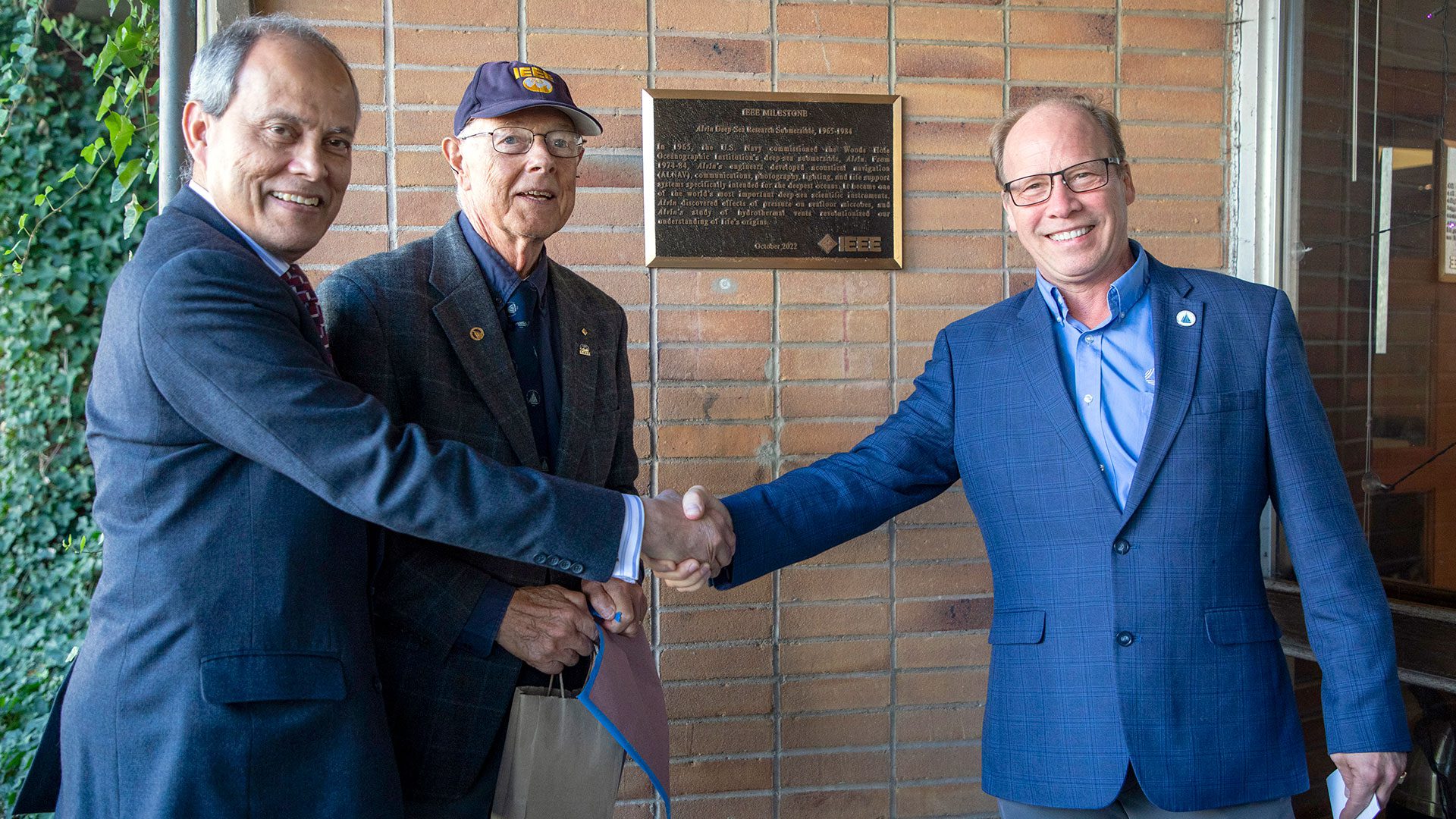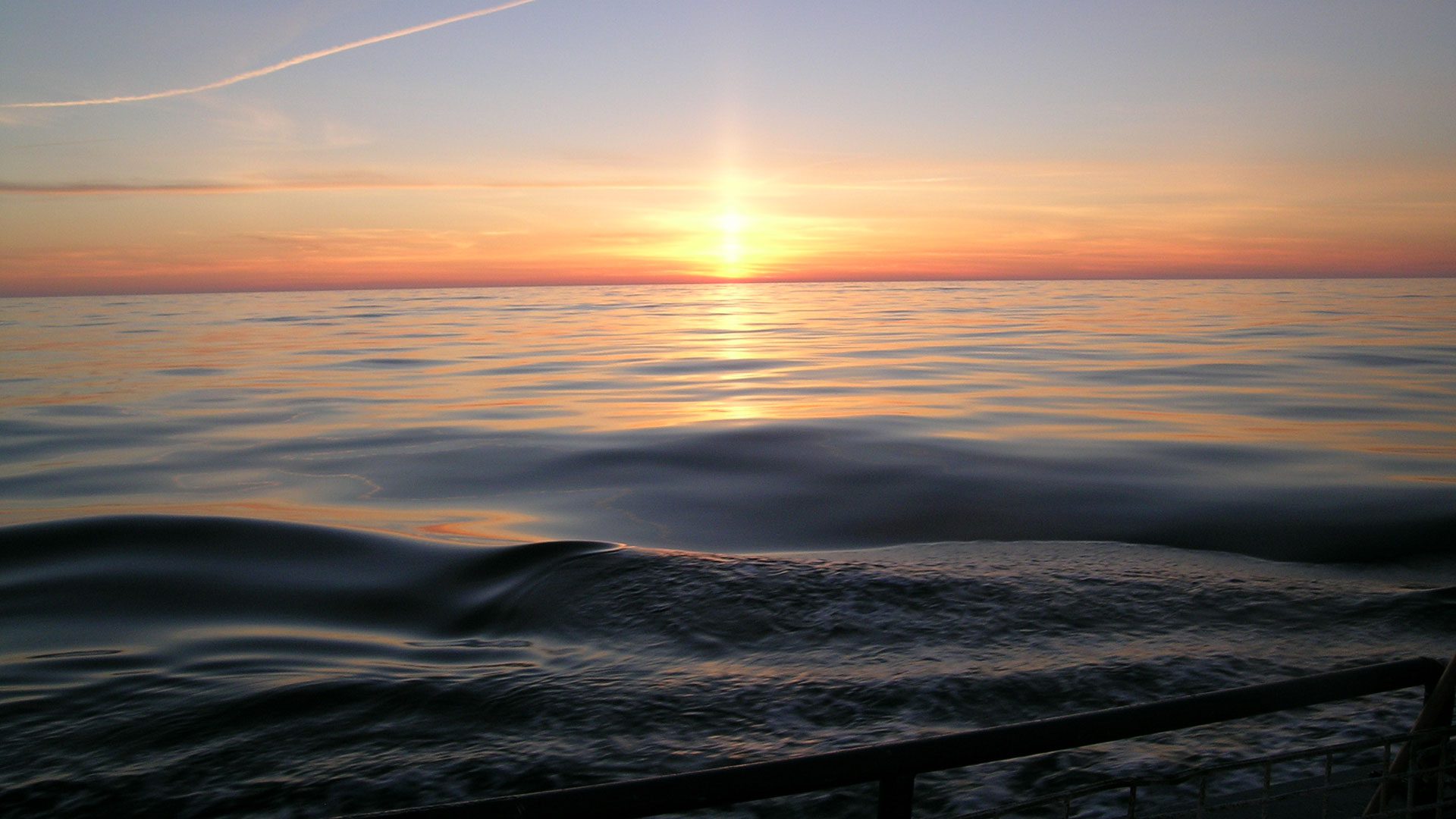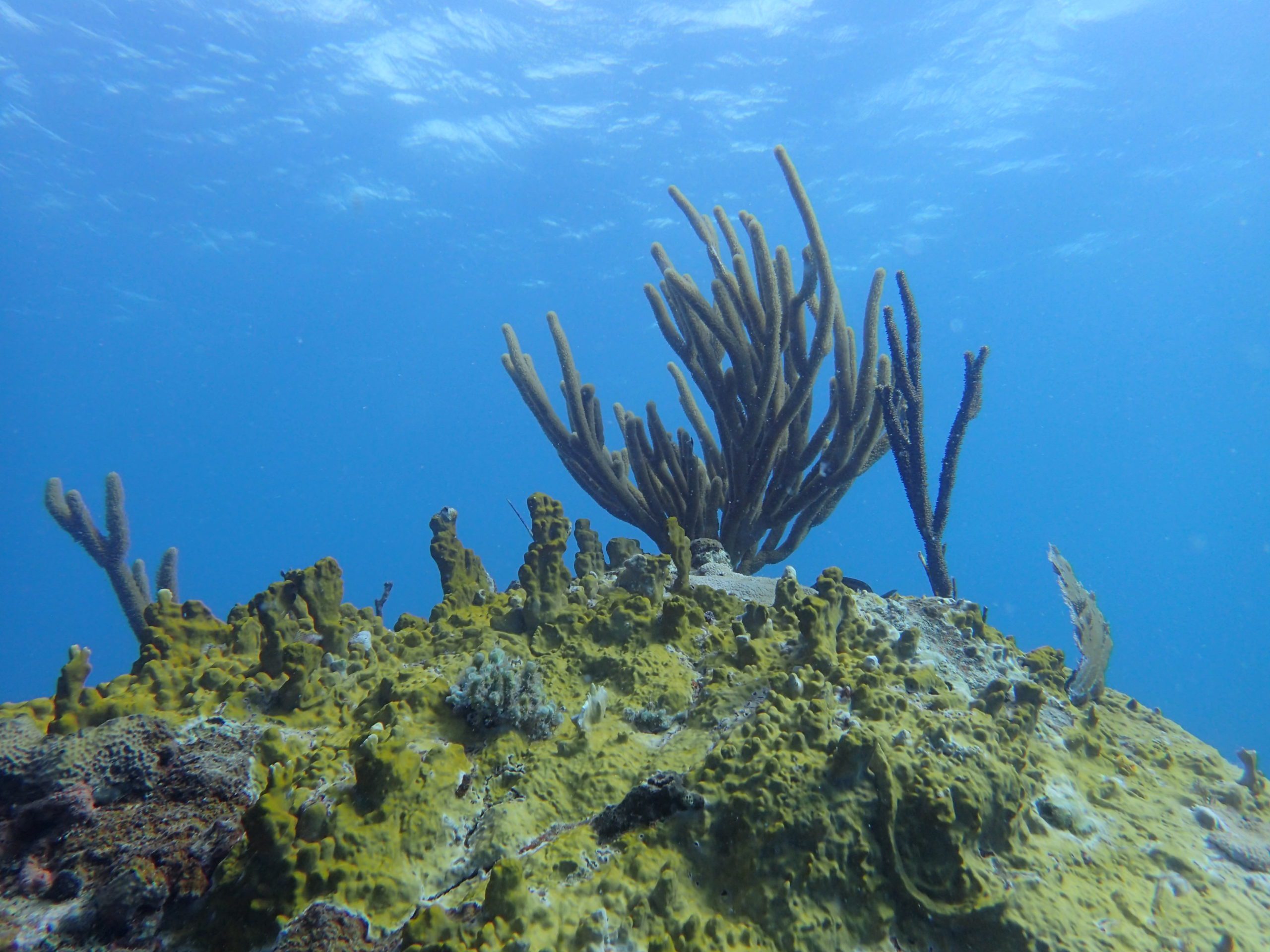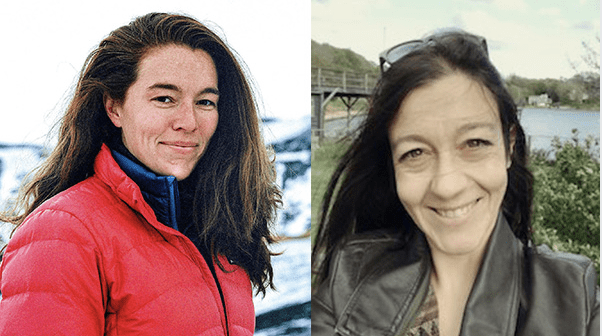News Releases
New Technique Offers Clues to Measure Ocean Deoxygenation
The living, breathing ocean may be slowly starting to suffocate. More than two percent of the ocean – s oxygen content has been depleted during the last half century, according to reports, and marine – dead zones – continue to expand throughout the global ocean. This deoxygenation, triggered mainly by more fertilizers and wastewater flowing into the ocean, pose a serious threat to marine life and ecosystems.
Read MoreNew Robot Speeds Sampling of Ocean’s Biogeochemistry and Health
The world’s first underwater vehicle designed specifically to collect both biological and chemical samples from the ocean water column successfully completed sea trials off the coast of New England on July 9, 2017. The new autonomous underwater vehicle (AUV), named Clio, will help scientists better understand the inner workings of the ocean.
Read MoreWHOI Scientist Receives Camille and Henry Dreyfus Foundation Award
The Camille and Henry Dreyfus Foundation selected Mak Saito, a biogeochemist at Woods Hole Oceanographic Institution (WHOI), as one of eight awardees of a 2016 Postdoctoral Program in Environmental Chemistry grant.
Read MoreRevealing the Ocean’s Hidden Fertilizer
A new study by a research team from the Woods Hole Oceanographic Institution (WHOI) and Columbia University reveals for the first time a marine phosphorus cycle that is much more complex than previously thought. The work also highlights the important but previously hidden role that some microbial communities play in using and breaking down forms of this essential element.
Read MoreOcean Bacteria Get ‘Pumped Up’
In a new study published April 27 in the Proceedings of the National Academy of Sciences, scientists at Woods Hole Oceanographic Institution (WHOI) and their colleague from Rutgers University discovered a surprising new short-circuit to the biological pump. They found that sinking particles of stressed and dying phytoplankton release chemicals that have a jolting, steroid-like effect on marine bacteria feeding on the particles. The chemicals juice up the bacteria’s metabolism causing them to more rapidly convert organic carbon in the particles back into CO2 before they can sink to the deep ocean.
Read More
Scientists Apply Biomedical Technique to Reveal Changes Within the Body of the Ocean
For decades, medical researchers have sought new methods to diagnose how different types of cells and systems in the body are functioning. Now scientists have adapted an emerging biomedical technique…
Read MoreWHOI Teaming with Flatley Discovery Lab in Search for Effective Treatments for Cystic Fibrosis
The Woods Hole Oceanographic Institution (WHOI) has signed a $1.18 million agreement with the Flatley Discovery Lab in Charlestown, Mass., to investigate and supply marine microbial extracts as possible treatments for cystic fibrosis (CF).
Read More“Hot-Bunking” Bacterium Recycles Iron to Boost Ocean Metabolism
In the vast ocean where an essential nutrient?iron?is scarce, a marine bacterium that launches the ocean food web survives by using a remarkable biochemical trick: It recycles iron.
Read MoreWhat Lives in the Sea?
The Census of Marine Life, a ten-year project to catalog all life in the sea, discovered more than 6,000 new species during its “decade of discovery,” scientists reported as they…
Read MoreNewly Discovered Fat Molecule: An Undersea Killer with an Upside
A chemical culprit responsible for the rapid, mysterious death of phytoplankton in the North Atlantic Ocean has been found by collaborating scientists at Rutgers University and the Woods Hole Oceanographic…
Read MoreWhat can a whale’s breath tell us? According to a new study, a lot about its health
A first of its kind study links drone-collected respiratory microbes with health assessments, offering hope for protecting vulnerable populations
Read MoreWHOI Scientists Discover Fastest Degrading Bioplastic in Seawater
A new version of CDA was found to be the fastest degrading bioplastic material tested in seawater and is a promising replacement for other long-lasting foam plastic materials.
Read MoreMicrobe Dietary Preferences Influence the Effectiveness of Carbon Sequestration in the Deep Ocean
A series of seemingly small processes helps carry carbon dioxide from the ocean’s surface to the deep sea, where it can be stored away for decades.
Read MoreWHOI to host NASA exhibit on upcoming mission
Gear up for the launch of NASA’s Europa Clipper mission with interactive exhibits, captivating models, and special guest speakers.
Read MoreNew Technologies Revise Scientists’ Understanding of the Oxygen Minimum Zone
A new technology detects trace amounts of oxygen in an environment where previously these life-supporting molecules were below the limit of detection.
Read MoreFor microscopic organisms, ocean currents act as ‘expressway’ to deeper depths, study finds
New research shows how tiny plant-like organisms hitch a ride on ocean currents to reach darker and deeper depths, where they impact carbon cycling and microbial dynamics in the subtropical oceans.
Read MoreStudy: eDNA methods give a real-time look at coral reef health
Researchers from WHOI studied the microbes in coral reef water by examining eight reefs in the U.S. Virgin Islands over a period of seven years, which included periods of hurricane and coral disease disturbance.
Read MoreNew Deep-Sea Worm Discovered at Methane Seep Off Costa Rica Named after Alvin Pilot Bruce Strickrott
The creature raises the number of new species found by scientists studying these seemingly inhospitable ecosystems to 48 Woods Hole, Mass. — Woods Hole Oceanographic Institution (WHOI), along with…
Read MoreSome Plastic Straws Degrade Quicker Than Others, New Study Shows
WHOI researchers determine lifetimes of drinking straws in the coastal ocean and develop a prototype bioplastic straw that degrades even faster than paper
Read MoreInnovative Techniques Provide New Means to Monitor Coral Reef Health
These new techniques, which look at microbes and dissolved metabolites of reefs, offer a new means to examine reef features and have broad conservation applications.
Read MoreWoods Hole Oceanographic Institution honored with IEEE Milestone for Technical Innovation and Excellence
HOV Alvin recognized as one of world’s most important deep-sea scientific instruments
Read MorePropeller Announces $100 Million Fund to Invest in Ocean-Climate Companies
Unique partnership with Woods Hole Oceanographic Institution and veteran leadership team deploys vital capital to blue economy ‘narwhals’ at the nexus of ocean innovation, science and technology.
Read MoreStudy Examines the Impact of Coral Chemical Compounds on Reef Composition and Health
The study found that the organic chemical compounds produced through metabolism —known as metabolites or exudates—vary significantly by coral species and that the compounds impact the abundances and compositions of reef microorganisms differently.
Read MoreWHOI scientists receive 2022 Simons Early Career Investigator Awards
Two Woods Hole Oceanographic Institution scientists have received prestigious Simons Early Career Investigator in Marine Microbial Ecology and Evolution Awards. Maria Pachiadaki and Harriet Alexander are both assistant scientists at WHOI, focusing on different aspects of microbial ecology.
Read More
